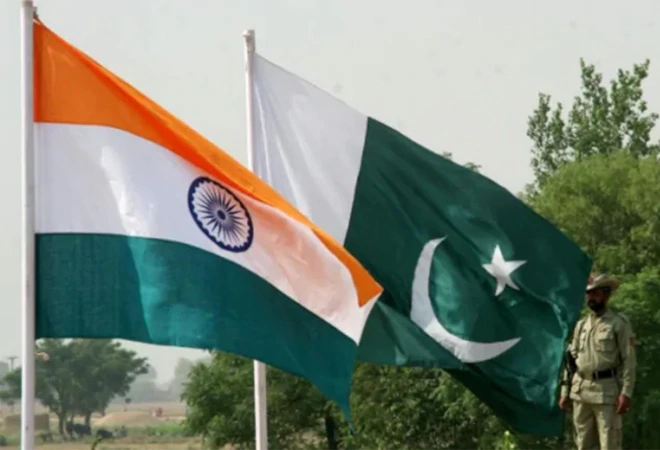
SOURCE: BUSINESS TODAY
Pakistan Prime Minister Imran Khan on Sunday officially announced his government’s decision to convert the disputed territory of Gilgit Baltistan (GB) into a full-fledged province.
Despite protests in his country and strong opposition from India, Khan proclaimed the granting of provisional-provincial status to the region. The move by Pakistan comes following Saudi Arabia removing Pakistan-occupied Kashmir and Gilgit Baltistan from the country’s map.
Making the announcement during his visit to the region, Khan used the occasion to criticise India for the Shia-Sunni sectarian violence in Pakistan.
Meanwhile, India has slammed Pakistan’s move to make Gilgit Baltistan its fifth province and to conduct legislative elections there later this month, vowing that Jammu and Kashmir and Ladakh, comprising Gilgit and Baltistan, are an integral part of India.
The spokesperson in the Ministry of External Affairs (MEA) Anurag Srivastava said India “firmly rejects” the attempt by Pakistan to bring material changes to a part of Indian territory which is under Islamabad’s “illegal and forcible occupation” and asked the neighbouring country to immediately vacate such areas.
What does the decision mean?
The Pakistani government’s decision to elevate Gilgit Baltistan to a fully-fledged province will grant the region Pakistan’s constitutional rights, comprising representation in the upper and lower houses of the (Pakistani) parliament.
Implications of Pakistan’s decision
The announcement by Pakistan is likely to trigger massive outrage as it will have wider repercussions which will aggravate tensions already being played out in the east along the LAC (line of actual control) on the India-China border.
The Jammu and Kashmir Liberation Front and Student Liberation Front had on October 8 held a massive protest in Muzaffarabad city of Pakistan occupied Kashmir (PoK) against the government’s decision to turn Gilgit Baltistan into a province.
China angle
China has been pressing Pakistan to grant Gilgit Baltistan a constitutional status as the region is Pakistan’s only land link to the country and happens to be the centre of the ambitious multibillion-dollar infrastructural development project – China Pakistan Economic Corridor – which is a key constituent of Pakistan’s flagship Belt and Road Initiative. The project is aimed at strengthening economic connectivity between China and Pakistan.
Key pointers on the issue of Gilgit Baltistan between India and Pakistan: –
In a ruling earlier this year, Pakistan’s Supreme Court allowed Islamabad to amend a 2018 administrative order to conduct general elections in the region. The Gilgit-Baltistan Order of 2018 provided for administrative changes, including authorising the Prime Minister of Pakistan to legislate on an array of subjects.
Following the verdict, India issued a demarche to a senior Pakistani diplomat and lodged a strong protest over the apex court ruling.
The polls in Gilgit-Baltistan were to be held on August 18, but Pakistan’s election commission on July 11 postponed them due to the coronavirus pandemic.
PM Khan has said that his government took the decision to turn the region into a province, “keeping in mind the UN Security Council‘s resolutions.”
Gilgit Baltistan, formerly known as Northern Areas, was earlier governed, with only limited autonomy, by the “Gilgit-Baltistan Empowerment and Self-Governance Order of 2009”, which established an electoral framework in the region. This means that the elections used to be held (in the region) under the said order that provides for only limited autonomy.
Gilgit Baltistan is occupied by Pakistan and has been the subject of a dispute between India and Pakistan since 1947.
India has maintained that the Union Territories of Jammu and Kashmir and Ladakh, including the area of so-called ‘Gilgit-Baltistan’, are an integral part of India by virtue of the legal, complete and irrevocable accession of Jammu and Kashmir to the Union of India in 1947.






